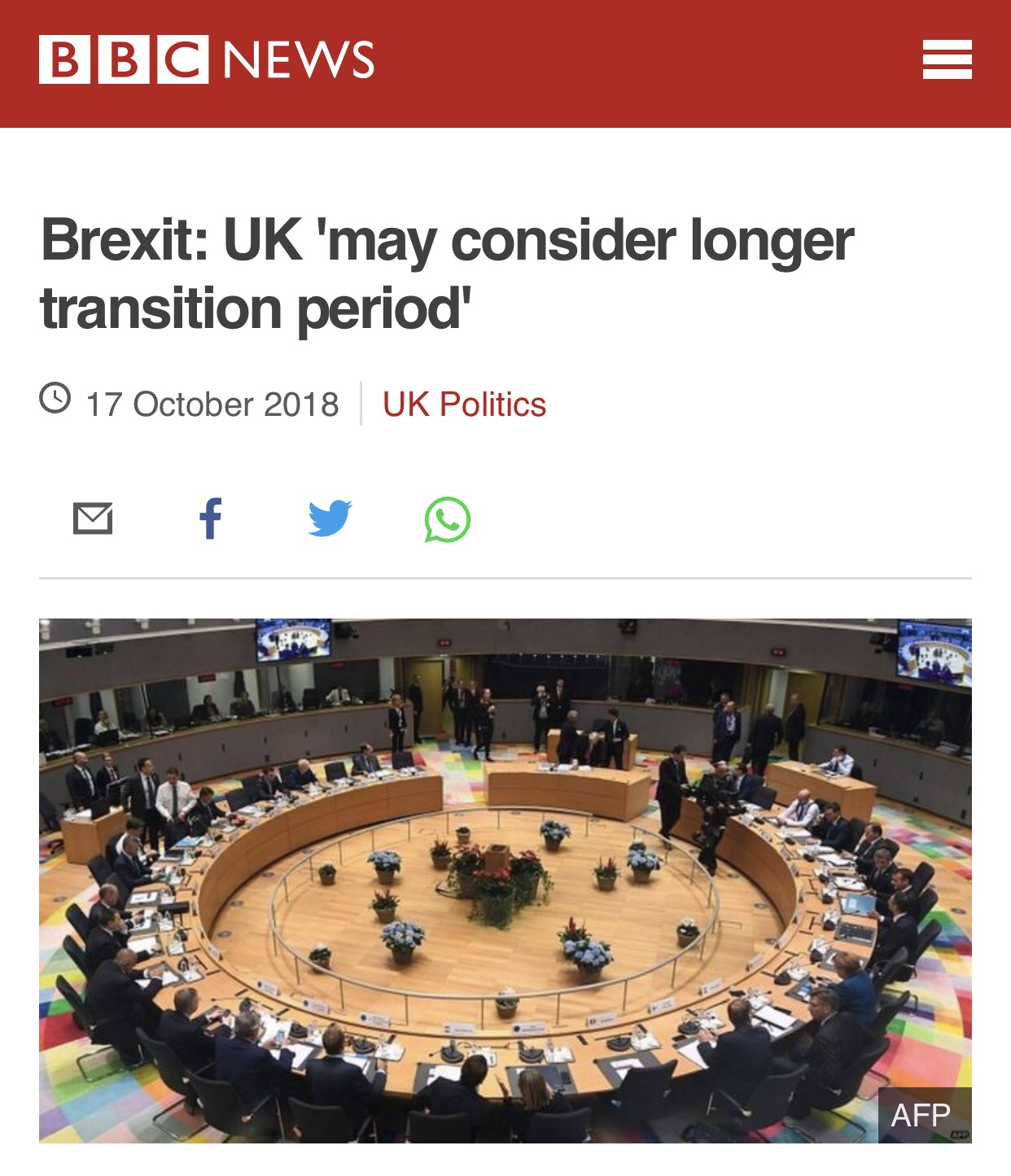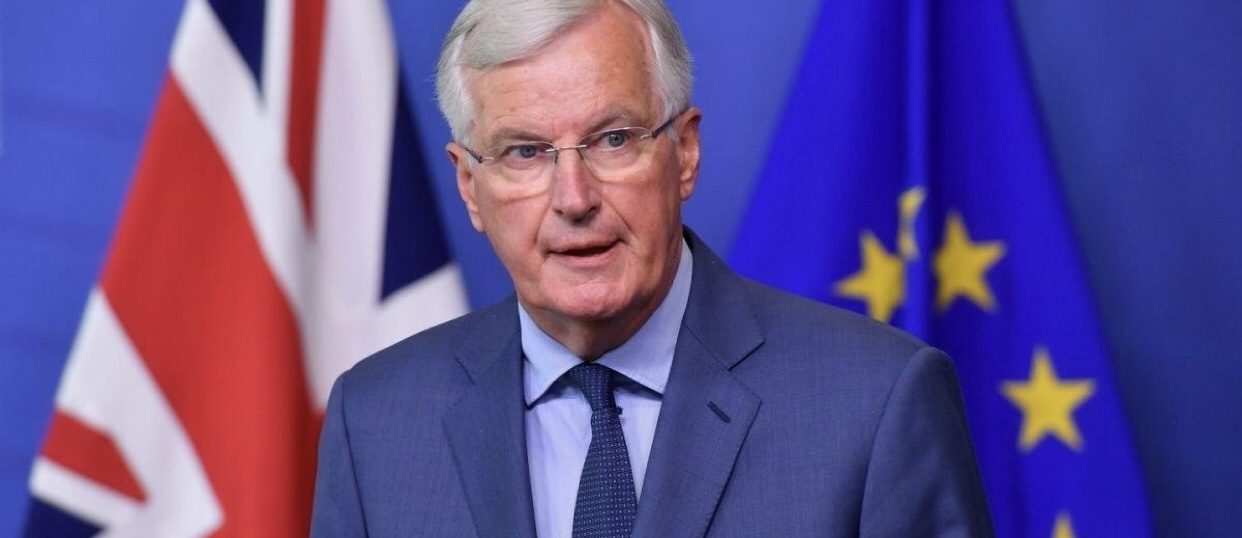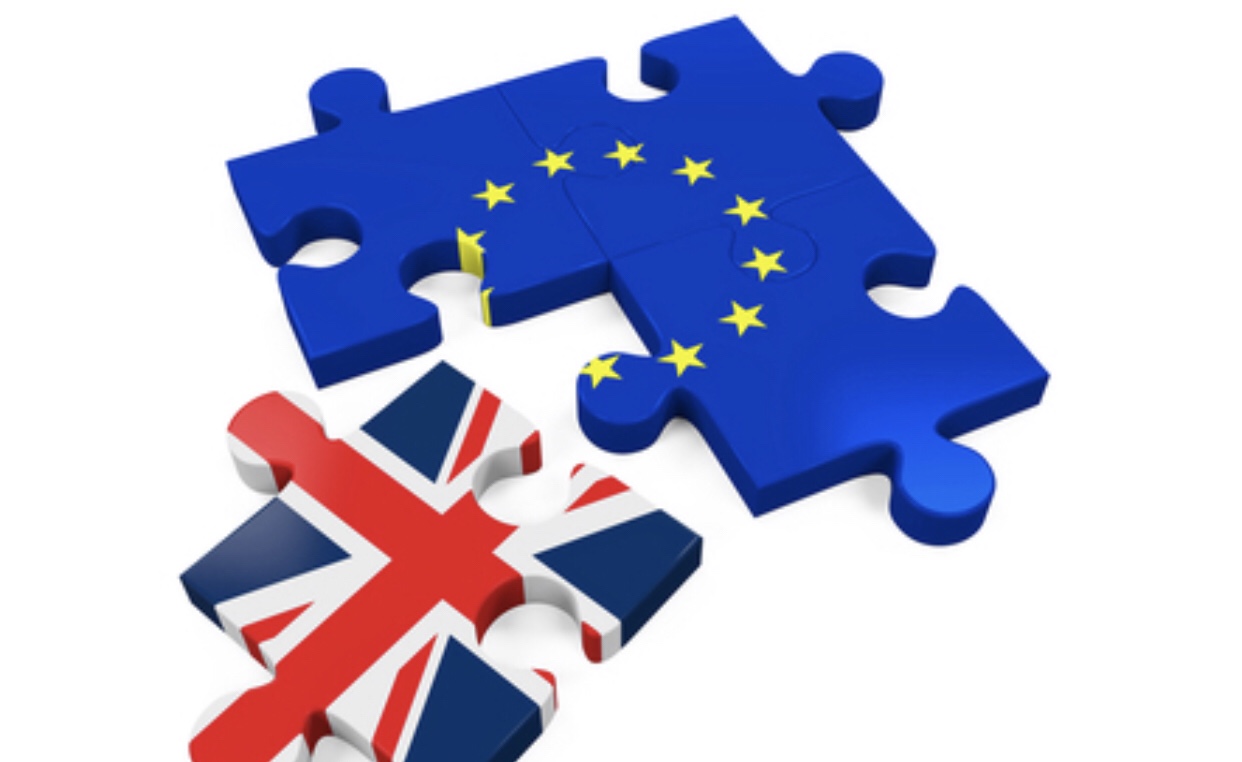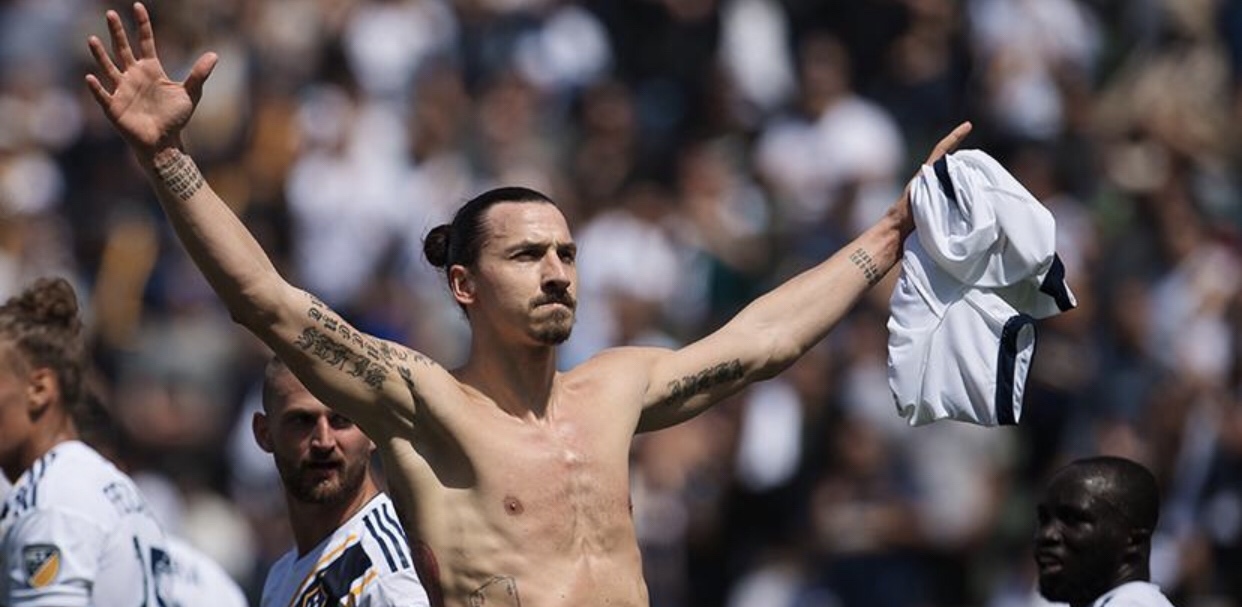Theresa May is willing to consider extending the proposed 21-month transition period after Brexit to break the current deadlock over Northern Ireland, senior EU officials have said.
The BBC’s Laura Kuenssberg said No 10 had refused to rule out extending it during a summit in Brussels.
The PM has been addressing EU leaders in the hope of advancing the process.
But EU officials said insufficient progress had been made to call a special summit of leaders next month.

The two sides are currently proposing an implementation period from 30 March 2019 until 31 December 2020.
The BBC’s political editor said extending it until to the end of 2021, as has been proposed by the EU, would cause a “lot of hostility” among Tory Brexiteers as it would substantially extend the period during which the UK would remain subject to EU rules without having a say in them.
The UK is due to leave the EU on 29 March 2019 but an agreement on how this will happen is currently proving elusive amid differences over how to prevent a hard border on the island of Ireland.
The prime minister spoke for about 15 minutes at a dinner of all 28 EU leaders, after which they will decide what their next move should be.
The president of the European Parliament, Antonio Tajani, welcomed what he said was Mrs May’s constructive tone but added that she had offered “nothing new” of substance.
Mr Tajani suggested that Mrs May had shown willingness to look into the possibility of extending the proposed 21-month transition period following Brexit to three years.
“Both sides mentioned the idea of an extension of the transition period as one possibility which is on the table and would have to be looked into,” he said.
“She underlined the importance of the issue but she didn’t say anything in terms of content.
“She said we will keep under consideration the issue of the transition period but she did not say anything in favour or against the three-year period.”
The UK has said the transition period, dependent on an overall deal being agreed, is necessary to stop a “cliff-edge” for business and give the two sides time to agree their future relationship.
Earlier, Irish Prime Minister Leo Varadkar said a longer transition period was not a substitute for an agreement on the so-called Irish backstop, designed to prevent the need for customs checks at the border between Northern Ireland and the Irish Republic until a wider trade deal is done.
But he said it would have some merits, adding “if it did help to reassure people that the backstop would never be activated, that would be a positive thing”.
BBC political correspondent Nick Eardley, in Brussels, said EU sources suggested the PM had given a “relatively positive assessment” and while there was goodwill on both sides “we are not where we would have liked to be”.
He said the President of the European Commission, Jean-Claude Juncker, would update leaders on the preparedness for all scenarios including no deal.
Source: BBC News
EU Brexit negotiator Michel Barnier is open to extending Britain’s Brexit transition period by another year, according to reports. Mr Barnier has said he is open to the possibility of a one-year extension to Britain’s Brexit transition in return for British prime minister heresa May accepting a “two-tier” backstop to avoid a border in Northern Ireland, according to EU diplomats.

On the eve of a Brexit summit in Brussels on Wednesday night, the EU’s chief Brexit negotiator told ministers from the 27 member states that Brussels was ready to propose fresh ideas to reach a deal by next month, the Financial Times said.
The plan, informally suggested to the UK in talks last week, involves including a one-year extension clause for the 21-month transition period, which ends in December 2020. This would grant more time to agree a new UK-EU trade relationship and avoid special arrangements for Northern Ireland. Britain, however, objected to significant elements of the plan for Northern Ireland, effectively suspending talks until after the summit of EU leaders this week.
According to the Financial Times, Mr Barnier told EU foreign ministers in Luxembourg of his vision for a “two tier” backstop that could be included in the withdrawal agreement to ensure an open border was always maintained between Northern Ireland and the State.
This would include both a backstop for Northern Ireland alone, keeping it within the EU customs union and single market for goods, and alternative references to a UK-wide customs union.
Any separate UK-EU customs arrangements would, however, have to take the form of a new treaty to be negotiated and agreed in full after Brexit. “The extension and two-tier backstop arrangement would only be offered if all other parts of the Withdrawal Agreement are reached,” said one official in the room.

The FT quoted another diplomat, who said: “The extension is an example of how we could be flexible to help the British side if they want it.”
Mr Barnier’s comments come as Mrs May prepares to address leaders of the EU27 on Wednesday evening in Brussels. She will then leave them to discuss the next steps on Brexit over dinner in her absence.
Mr Barnier said the Brexit process must be “orderly for everyone and in all subjects – including Ireland”.
Meanwhile, Germany’s Europe minister Michael Roth has urged Ms May to “take responsibility” for Brexit.
“The situation is very serious . . . All involved must now look into whether the compromises made have been sufficient. For us, it is clear, we want a fair deal with the GB. But it must be a deal that preserves the integrity of the single market,” he said.
Mr Roth said his message to Mrs May is, “take responsibility and be constructive”.
While the UK was demanding “flexibility” from Brussels, the EU was limited in its room for manoeuvre because of the need to keep the Irish Border open, he said.
“We can have either a smooth Brexit or rocky one,” said France’s EU affairs minister Nathalie Loiseau. “We all prefer a smooth one but we have to stand ready if there is no deal.”
EU leaders have scrapped plans to discuss and publish a draft declaration this week on the bloc’s future trade deal with the UK after the derailment of the talks over the Border, in a blow to Ms May. An outline of an agreement was due to be “on the table” at a summit dinner of leaders on Wednesday night. When Brexit secretary Dominic Raab refused to sign off on an agreement on the Border have carefully choreographed plans came to a halt.
“Since there is no agreement on the Irish backstop there will not be an outline of joint political declaration on the table on Wednesday evening. [That] will not change before Wednesday,” said a senior EU official. ”
Mrs May briefed her senior ministers in an extended session of cabinet ahead of Wednesday’s crunch meeting.
There was strong support from cabinet ministers for Mrs May’s insistence that any Brexit deal must maintain the integrity of the union and cannot keep the UK indefinitely in a backstop customs arrangement, said Mrs May’s spokesman.
Mr Barnier said he hopes a deal with Britain is possible “in the coming weeks”.
With no likelihood of a deal this week, a special Brexit summit is expected to be scheduled for November. But it remains unclear whether this will be framed as a final opportunity to reach agreement or as a chance for the 27 to make preparations for a disorderly no-deal withdrawal.
The prime minister told the House of Commons on Monday that an exit agreement is still “achievable”.
Coveney confident about deal
Minister for Foreign Affairs Simon Coveney said because the UK is “determined to leave the customs union and the single market, because the UK says it wants bilateral trade deals” the Government must insist on the backstop.
This is “to protect the island of Ireland and the two jurisdictions on it, ensuring . . . normality between communities trading with each other, that that isn’t undermined as an unintended consequence of Brexit,” he said.
Speaking ahead of a private meeting on Tuesday in Luxembourg with Mr Barnier, the Tánaiste said he is confident that the Barnier taskforce, and Mr Barnier himself, “will deliver a deal that is consistent with what’s already been committed to in these negotiations, which is not an unreasonable ask”.
Mr Coveney is meeting with Mr Barnier to discuss the current state of play in negotiations. And in particular talks on the draft Protocol on Ireland and Northern Ireland, including the backstop on avoiding a hard border.
“Our bottom line on this is that we must have a backstop in the withdrawal treaty,” said Mr Coveney. “That backstop cannot be time limited in terms of an end date. It needs to be there unless and until something better is negotiated and agreed.” – Additional reporting agencies.
Source: Irish Times
21 goals and 9 assist on 25 matches in MLS – now Zlatan Ibrahimovic is nominated in three different categories in the MLS Awards.

The Swedish international has had a fabtastic season in MLS after leaving Manchester United and Premiere League due to a serious knee injury. There is no doubt that Zlatan is back!






You must be logged in to post a comment.